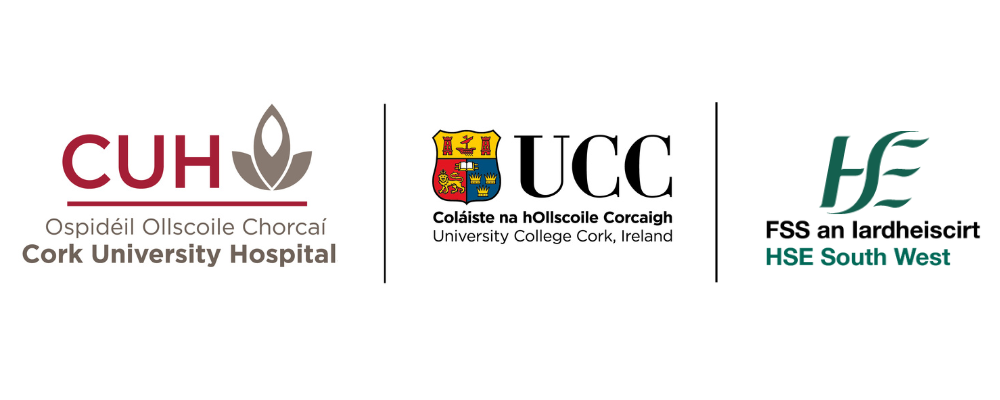General Surgery
Patients commonly seen are those after abdominal or vascular surgery. You may be referred to the Physiotherapy service if your surgery has involved a large incision or if you have an existing respiratory condition.
- Abdominal surgery – eg. surgery for bowel obstructions, formation of stomas, hernia repair, cholecystectomy, colon/ anorectal surgery.
- Vascular surgery - Femoral- Popliteal Bypass, Amputation, Carotid Endarterectomy
The role of the physiotherapist after surgery:
After surgery effects of the general anaesthetic and pain from the surgical site can make taking deep breaths and coughing difficult. This can make it difficult to clear any phlegm and could leave you susceptible to developing a chest infection. Your Physiotherapist will educate you on breathing exercises, coughing technique and early mobilisation. Your Physiotherapist, along with Nursing staff, will help you to sit out of bed and start walking early after your operation. This allows for better airflow into your lungs and improved blood circulation around the body which will help your wound to heal. Your Physiotherapist may continue to see you until you are able to independently clear any phlegm and can walk safely on your own.
If you have had Vascular surgery you may sometimes need to rest in bed for a day or two before you can begin sitting out of bed/ walking. Your Physiotherapist will then help you to get moving again. This may sometimes include provision of walking aids to get you back on your feet.
If you have had an amputation early physiotherapy may include practice of transfers (eg from bed to wheelchair) and you will be provided with an exercise programme to strengthen your upper body and legs. You may then be able to attend the inpatient gym for further rehab personalised to your goals.
Additional physiotherapy services available:
If your Physiotherapist deems you are doing well enough to go home but would benefit from further rehab, they may refer you on to your local Community Physiotherapist who could help you with a longer term rehabilitaion plan. If you have had an amputation and are deemed suitable for a prosthetic, you may be referred to the POLAR Unit in the Mercy University Hospital.
Recommended information:
- https://www.hse.ie/eng/health/az/h/hernia,-inguinal-repair/recovering-from-surgery.html
- https://www.nhs.uk/conditions/carotid-endarterectomy/
- https://www.hse.ie/eng/health/az/c/cholecystectomy/
- https://www.nhs.uk/conditions/colostomy/
- https://www.muh.ie/index.php/73-services/polar-unit/129-polar-unit-prosthetic-orthotic-and-limb-absence-rehabilitation-unit - role-of-the-polar-programme
